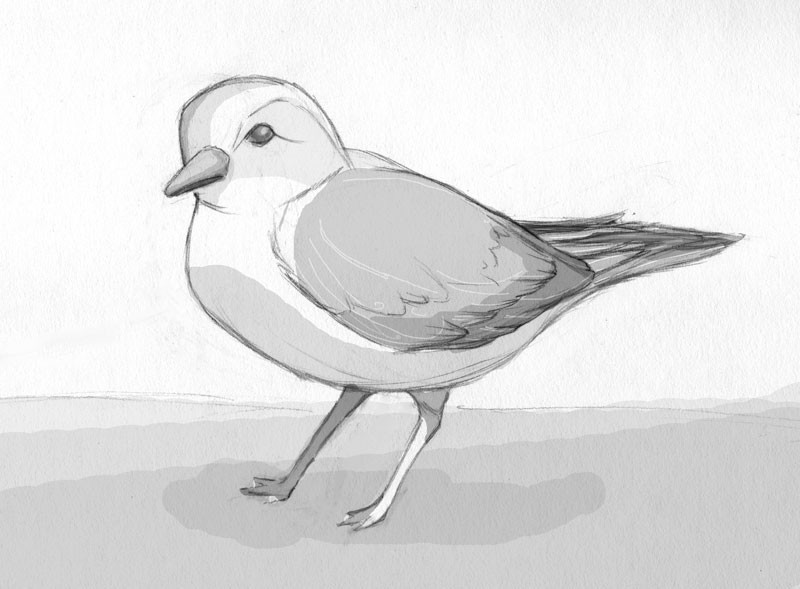The plight of the Piping Plover
Manitoba wildlife affected by BP oil spill; too soon to say what damage will be
As the BP oil spill continues to poison the Gulf of Mexico, Manitobans may soon see its effects in their own backyards. Come late August, many of our indigenous birds will migrate to the location of the spill. So what happens when they arrive?
Erica Nol, president of the Society of Canadian Ornithologists, says a large variety of Canadian birds could be affected by the spill.
“The concern, so far, has been with birds that harbour in the gulf,” said Nol. “However, since the spill is going to be a long-term issue, migrating species like Great Blue Herons, Killdeer, Greater Yellowlegs, Blue-winged Teals and Piping Plovers will potentially be affected.”
Each of these species, having diverse diets and habitual routines, will be affected differently.
“Shorebirds like the Least Bitten and Piping Plover are more likely to be harmed on a large scale than species like the Caspian Tern, who only travel to the gulf coast in small numbers.”
The endangered Piping Plover causes a particular concern because it has a high tendency to return to particular beaches - like the ones along the Gulf.
Kim Mawhiney is the manager of Northern conservation for Environmental Canada and the national spokesperson for the BP incident as it relates to Canada. Mawhiney believes there is hope that migrating birds like the Plover will avoid the gulf altogether.
“They will be tracking and nesting near food so, if there is no food, hopefully they will move on,” she said. “However, there is no way we can predict if their sources will be compromised by late August.”
The Plover’s diet, consisting of various invertebrates, crustaceans and insects, is also likely to be affected by the spill. Experts like Nol are divided on whether oiled food sources will sway the Plovers away from the gulf or act as a poisonous threat.
“ Oil gums feathers together, removing their natural insulation and preventing them from being able to fly. … It takes only a drop the size of a nickel to cause serious problems.
Erica Nol, president, Society of Canadian Ornithologists
“Piping Plovers will almost certainly ingest oil along with their food, and be poisoned from it,” Nor said. “But, if food declines because of the oil, we can only hope they will move to safer sites with more resources.“
Besides being directly poisoned by oil ingestion, migrating birds face other oil-related threats.
“Oil gums feathers together, removing their natural insulation and preventing them from being able to fly,” Nol said. “Many oil-covered birds will freeze to death and if oil gets anywhere near their eggs, they will be unable to hatch.
“It takes only a drop the size of a nickel to cause serious problems.”
As for Environmental Canada’s plan of action, Mawhiney says the best anyone can do, right now, is work closely with the U.S. to track and analyze the situation. Environmental Canada won’t know the true implications of the problem until migration season.
Published in Volume 64, Number 27 of The Uniter (June 30, 2010)







